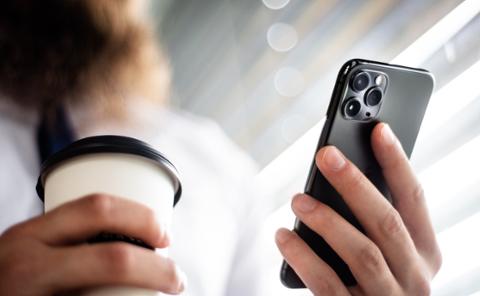Twitter jokes don't always land the way they're supposed to. As a Brit learned this last month when he was detained after tweeting he was ready to party so hard he'd "destroy America." Alas, Customs didn't think it all that funny. Welcome to America. Enjoy the holding cell. As Network World reports, all sorts of federal agencies comb social media looking for danger signs. At least some members of Congress are skeptical about the practice, which is why Rep. Patrick Meehan (R-Pa.), the chair of the subcommittee on Counterterrorism and Intelligence, asked the Department of Homeland Security to explain its practices. DHS isn't just watching out for foreign threats. Meehan doesn't like the way the agency's monitoring social media to capture, say, local reactions on a proposal to bring Guantanamo detainees to a Michigan jail. “In my view, collecting, analyzing, and disseminating private citizens' comments could have a chilling effect on individual privacy rights and people's freedom of speech and dissent against their government,” he said. But Mary Ellen Callahan, chief privacy officer at DHS, told the hearing that it may be appropriate for the government to use social media for a variety of reasons.
DHS recognizes that the use of social media by government actors must occur with appropriate privacy, civil rights, and civil liberties protections; whether DHS is disclosing its information and press releases via social media platforms like Twitter and Facebook, reviewing news feeds for situational awareness, or researching identified, discrete targets for legitimate investigatory purposes.
This all really bears watching, especially, as the ACLU notes, because some of the monitoring work is outsourced to companies like General Dynamics. “If General Dynamics hasn't found anything concrete to put in these reports, it could feel pressure to come up with something to justify it, and there's a good chance that innocent groups will be packaged and sent to law enforcement for evaluation,” says the ACLU. Hello, Big Brother. Is that you?



